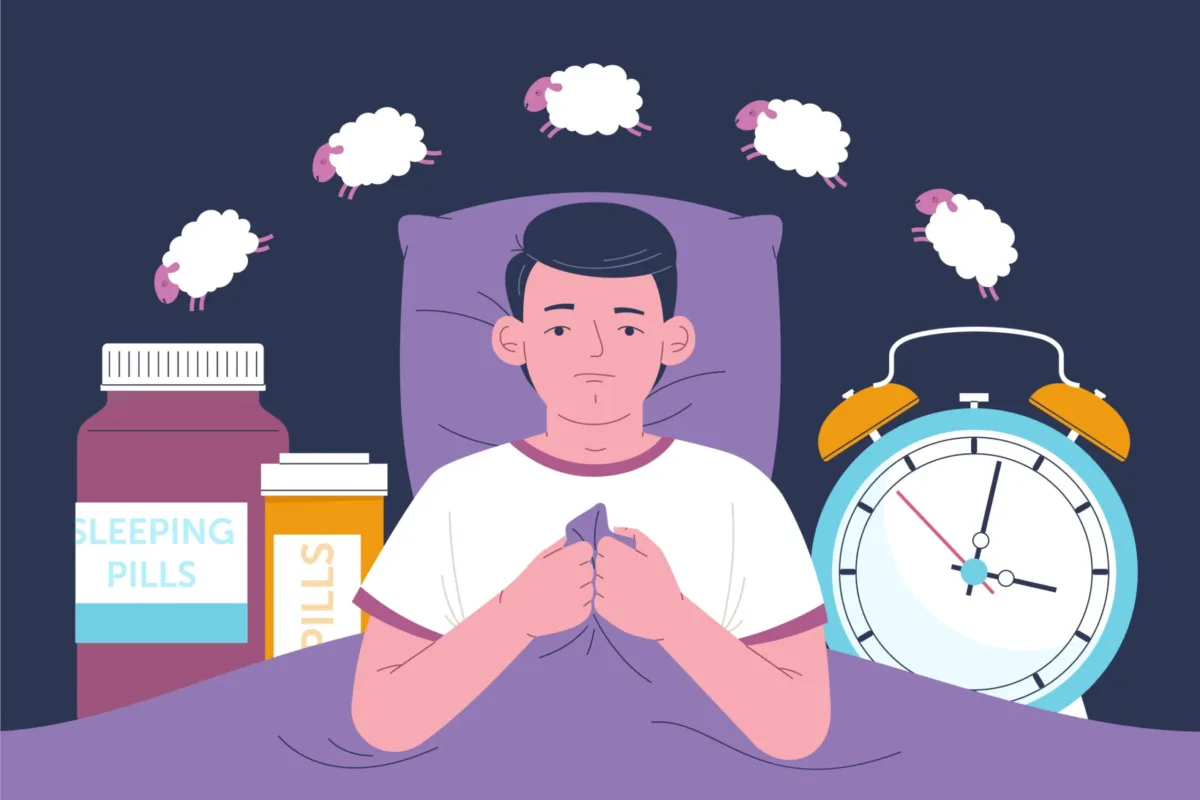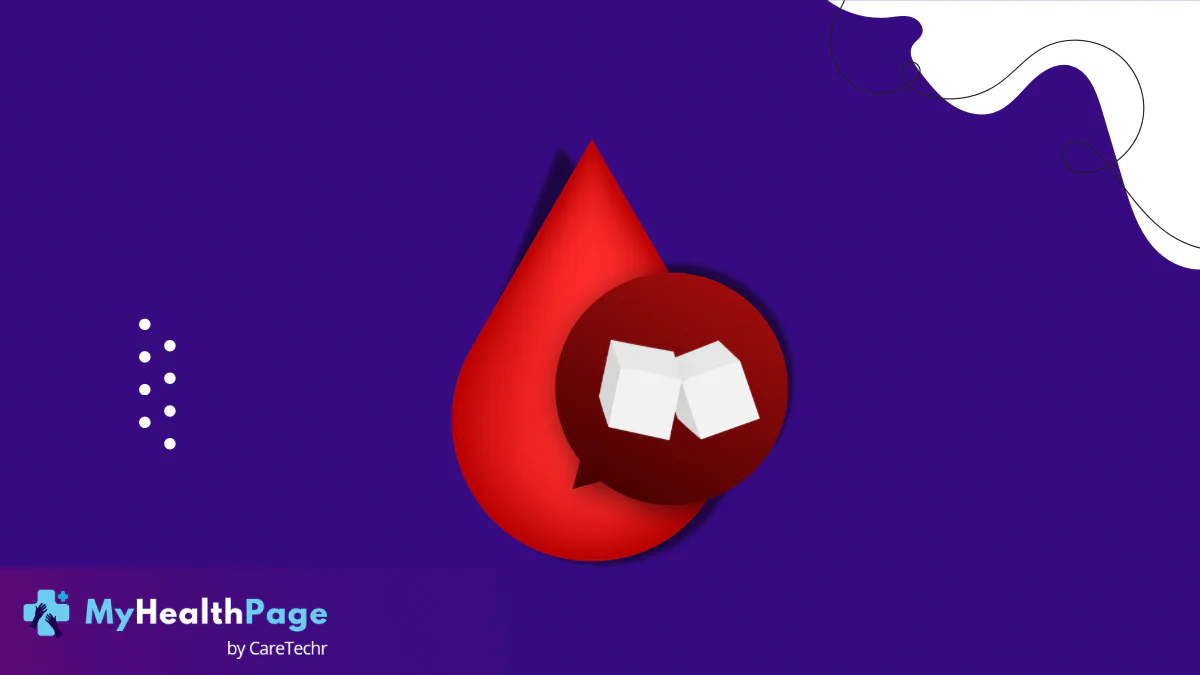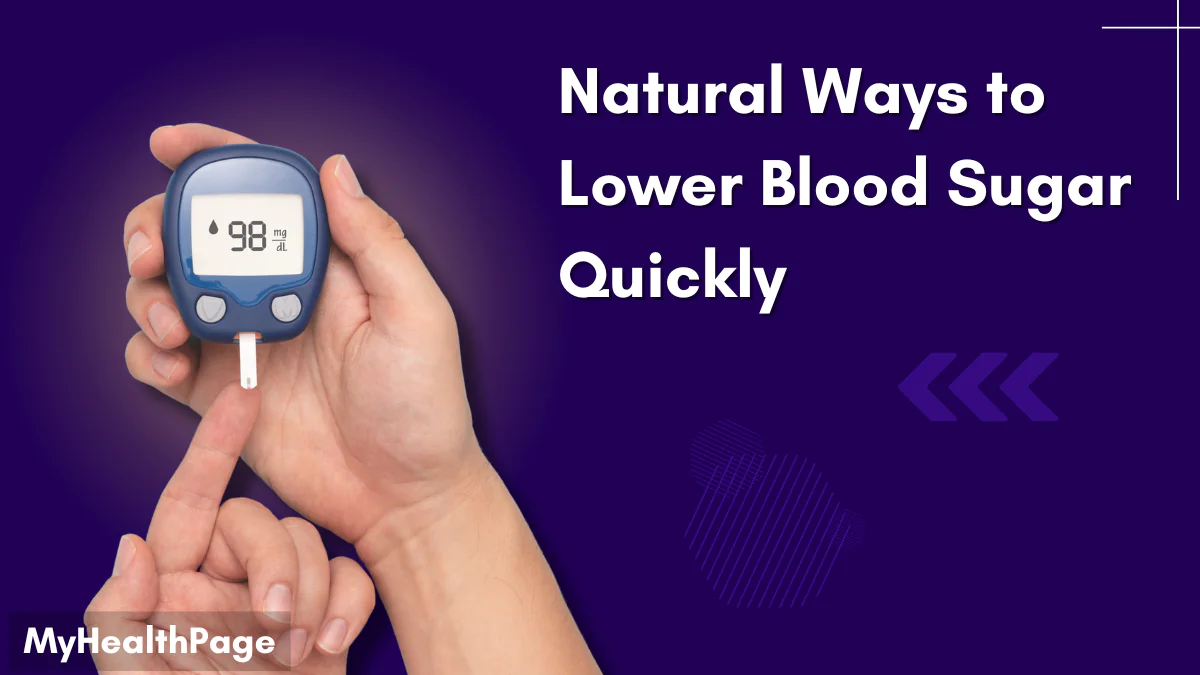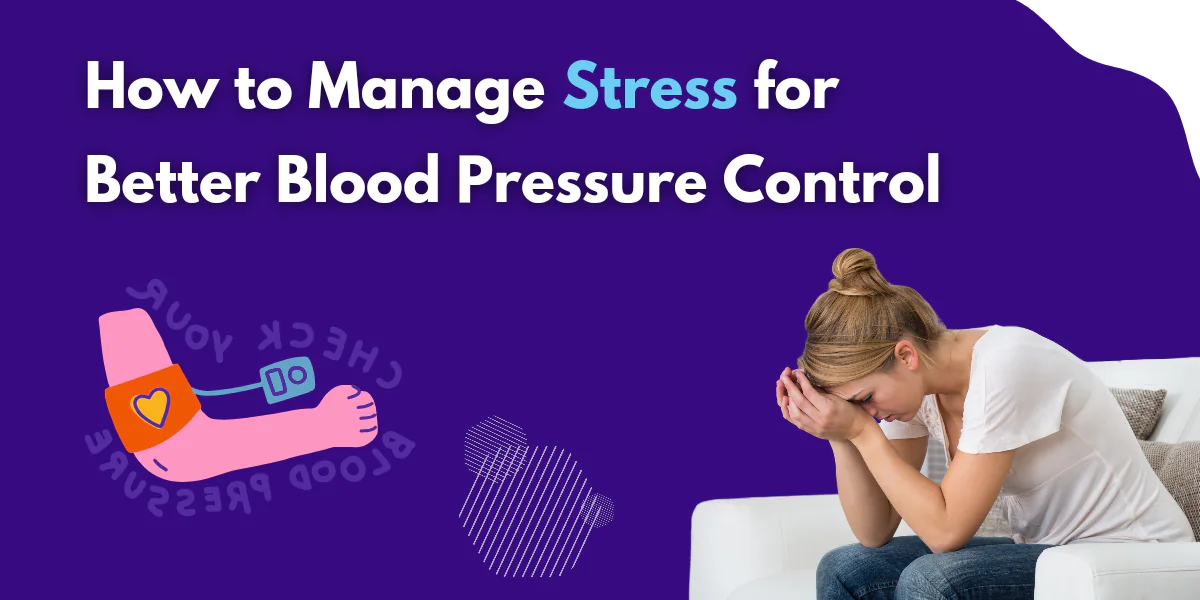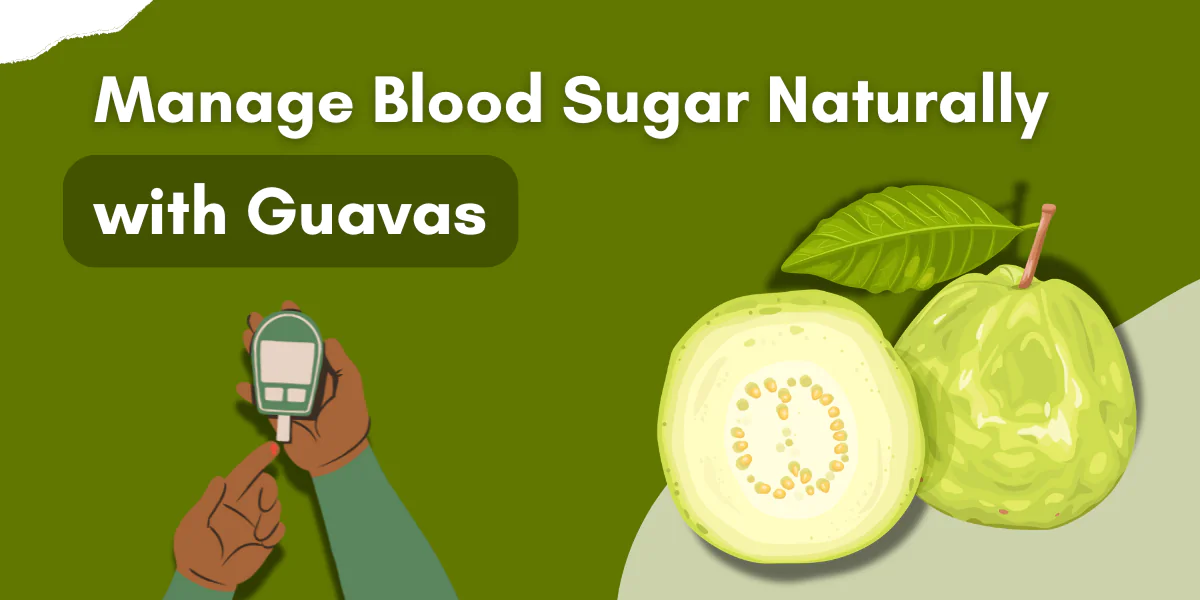We’ve all experienced it – after a few nights of poor sleep, you start feeling run down and more prone to catching the latest bug going around. There’s a reason for that strong link between quality sleep and immune health. Getting enough restorative sleep is crucial for keeping your body’s defense system operating at peak performance.
The Importance of Sleep for Immune Function
During sleep, your body ramps up production of cytokines – proteins that target infection and inflammation. Cytokines are both produced and released in higher levels during the deep stages of sleep. Not getting sufficient quality sleep can lead to a cytokine deficiency, leaving you more vulnerable to illness.
Lack of sleep also decreases production of antibodies and cells that attack viruses and bacteria. It reduces the attack effectiveness of your natural killer cells, which fight against cancer cells and virally infected cells. Chronic sleep deprivation puts you at higher risk for developing new illness as well as a worse outcome if you do get sick.
The Toll of Sleep Deprivation
An occasional night of poor sleep isn’t the end of the world. But when sleep deprivation becomes a regular occurrence, research shows it can seriously hamper your immune response and increase your risk of chronic health issues. Studies on people with chronic insomnia found they produced far fewer antibodies in response to a flu vaccine than those who slept well.
People who don’t get the recommended 7-9 hours each night are also more prone to catching the common cold. In one study, participants were given the cold virus via nasal drops. Those who got less than 7 hours of sleep per night were almost 3 times more likely to develop a cold compared to those averaging 8 hours or more.
Lack of sleep has also been linked to a higher risk of developing chronic conditions like diabetes, heart disease, and obesity. It impairs the body’s ability to regulate insulin and increases inflammation, both of which contribute to these diseases. One study found that sleep deprivation actually disrupts hundreds of genes involved in inflammation, immunity, and stress response.
Tips for Boosting Sleep Hygiene
The good news is that improving sleep quality and duration can give your immune system a much-needed boost and lower disease risk. Even a single night of good rest can help immune cells bounce back from sleep deprivation. Making sleep a priority offers ongoing protective benefits.
Practice good sleep hygiene by following these tips:
- Stick to a regular sleep schedule, even on weekends
- Create a calming pre-bed routine to help you relax
- Keep your bedroom cool, dark and quiet
- Avoid screens for 1-2 hours before bedtime
- Cut off caffeine intake by mid-afternoon
- Get regular exercise, but not too close to bedtime
- Manage stress through relaxation practices
If you have chronic insomnia or another sleep disorder, talk to your doctor or a sleep specialist about treatment options. Medications, therapy, and improved sleep habits can help you get the rest you need.
The Deep Sleep-Immune System Connection
But it’s not just the number of hours you sleep that’s important – it’s the quality and consistency of your sleep that really impacts immune function. Your body needs to cycle through all the sleep stages, including the deep slow-wave sleep phase.
During deep sleep, your body’s inflammatory response increases temporarily. This controlled inflammation acts as an immune boost by sending signals that stimulate immune memory and immune cell production. Once you wake, anti-inflammatory compounds kick in to return your system to normal levels.
The restorative deep sleep stage is also believed to help immune cells recharge, putting you in fighting form to ward off illness. People deprived of this critical sleep phase show increased inflammation levels even after sleeping the recommended number of hours. Getting enough deep sleep keeps your body’s inflammatory response properly regulated.
Make Sleep a Priority
In today’s fast-paced world, burning the candle at both ends has almost become a badge of honor. But the reality is that skimping on sleep makes you more prone to getting sick and recovering slowly. Your immune system simply can’t operate optimally in a sleep-deprived state.
Prioritizing quality sleep is one of the easiest ways to help your body mount a stronger defense against illness and infection. If you’ve been cutting corners on sleep, commit to making it a priority. Your body’s entire immune army will be ready and better equipped to battle whatever bugs come your way.
Read also : The Benefits of Zinc in Cold Prevention
Disclaimer : The information provided on myhealthpage.in is not a substitute for professional medical advice, diagnosis, or treatment. If you have any questions or concerns about your health, please consult with a licensed physician or other qualified healthcare provider.
Sources :

